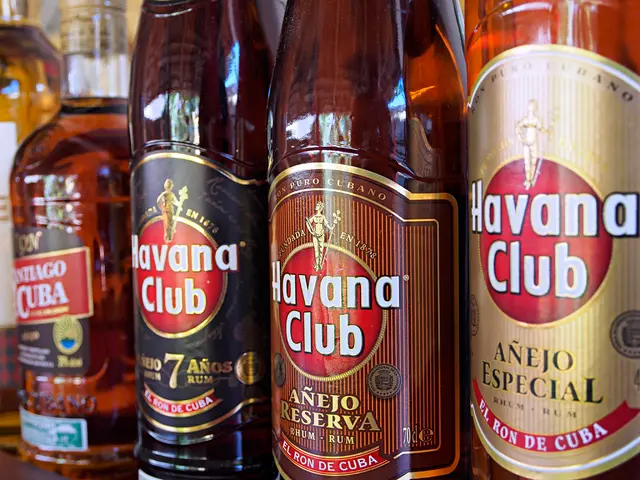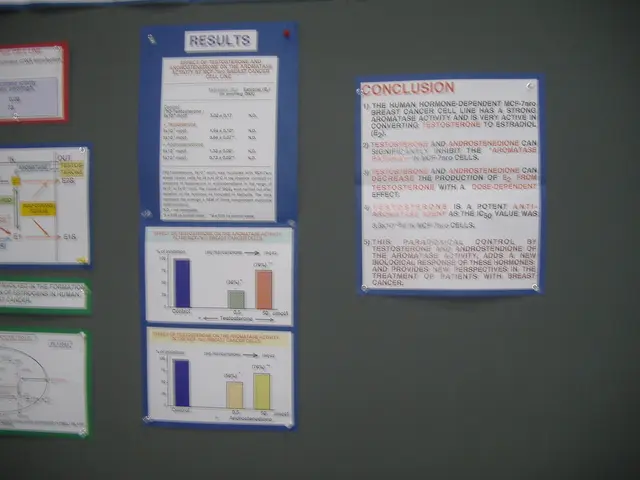Unraveling the Connection: Coffee Intake and Colorectal/Rectal Cancer Risk
Potential Benefits of Coffee Consumption: Does It Decrease Colorectal Cancer Risk?
The relationship between coffee consumption and the potential risk of colorectal and rectal cancer has been a topic of recent discussion. Here's a rundown of the current research:
Colorectal Cancer Risk
- No Link Found: A comprehensive study with over 61,000 Swedish women showed no connection between coffee consumption and the risk of colorectal cancer[1]. This study concluded that neither high nor moderate coffee consumption impacts the risk of colorectal cancer.
- Some Positive Findings: Previous studies hinted at a protective effect from high coffee consumption towards colorectal cancer, but these findings vary. A meta-analysis of multiple cohort studies noted a lower occurrence of cancer, including colorectal, with high coffee consumption compared to low consumption[3].
- Conflicting Views on High Consumption: One study links consuming more than four cups of coffee daily to a lower risk of bowel cancer recurrence[2].
Caffeinated vs. Decaffeinated Coffee
- Lack of Precision: Current research doesn't specifically distinguish between the effects of caffeinated and decaffeinated coffee on colorectal cancer risk. Most studies explore overall coffee consumption without separately analyzing these types.
- Caffeine's Role: While some research claims that caffeine doesn’t offer protection against colorectal cancer, other studies suggest that high caffeine levels (from any source) may enhance the risk of certain cancers, such as lung cancer[5].
In Summary
The evidence available suggests that coffee consumption, whether caffeinated or decaffeinated, doesn't significantly affect the risk of developing colorectal or rectal cancer. However, more detailed research specifically comparing caffeinated and decaffeinated coffee is needed to draw definite conclusions about their respective impacts.
Curious to Learn More?
- The Myth of Coffee and Cancer: Dive deeper into the myths and realities associated with coffee and cancer.
- Cancer-Fighting Foods: Explore a variety of foods that may help reduce cancer risk.
- Dietary Habits and Cancer Risk: Discover the connection between diet and cancer risk, and how to make healthy choices.
- Despite various studies hinting at a protective effect from high coffee consumption towards colorectal cancer, a large comprehensive studyfound no connection between coffee consumption and the risk of colorectal cancer.
- In the realm of oncology, current research doesn't specifically distinguish between the effects of caffeinated and decaffeinated coffee on colorectal cancer risk, with most studies exploring overall coffee consumption.
- In the health-and-wellness discourse, the evidence available suggests that coffee consumption, whether caffeinated or decaffeinated, doesn't significantly affect the risk of developing colorectal or rectal cancer.
- For those interested in nutrition and its role in medical-conditions like cancer, delving into the connection between diet and cancer risk, and foods that may help reduce cancer risk, could provide valuable insights.







